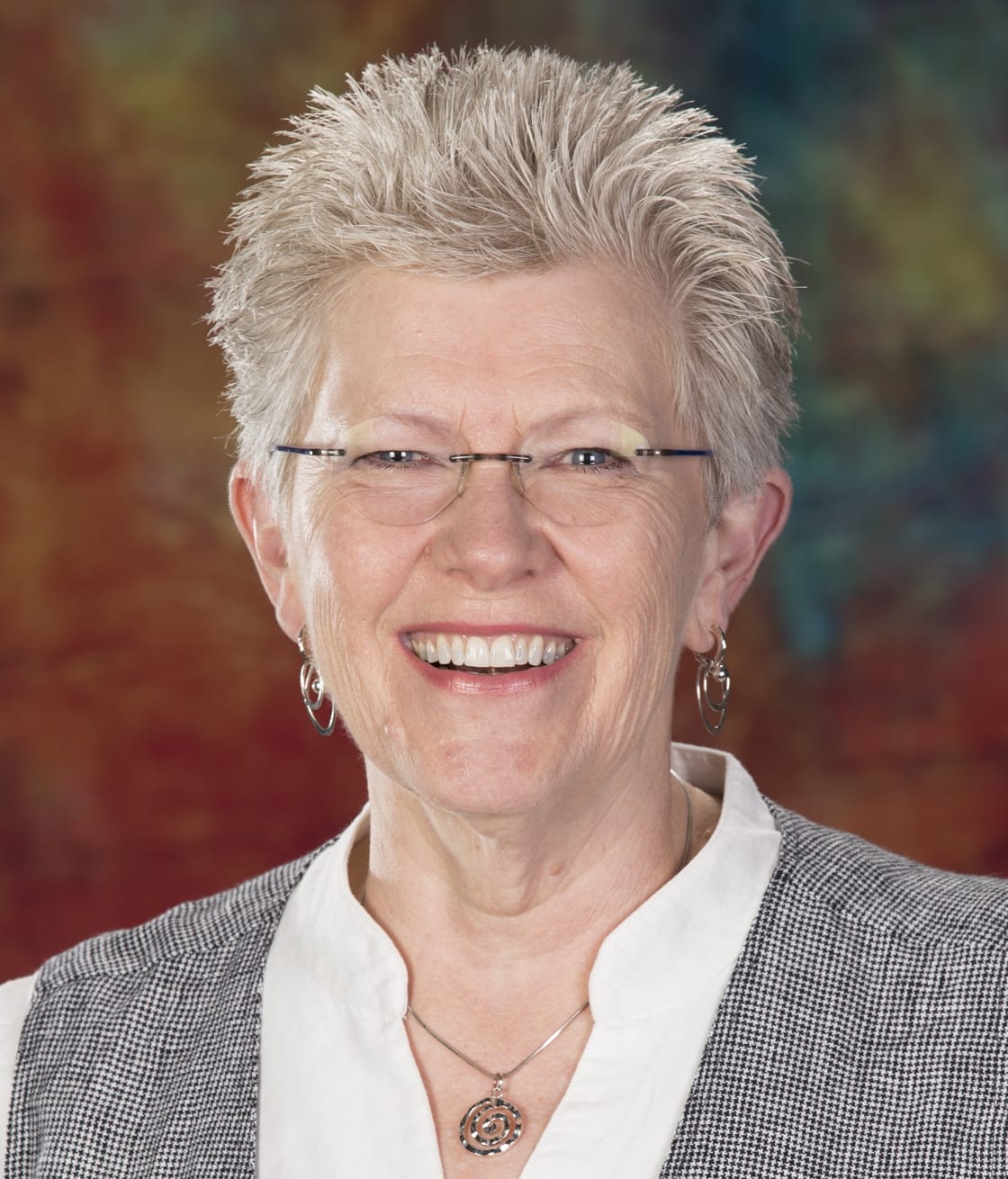It’s This Thing About Change
It’s been one of those weeks around my place. I just replaced the telephone and internet service—it’s never smooth! Crews have just finished replacing natural gas lines; holes and pipes and workmen in the neighborhood. And now, NOW, I get notice that my road will be resurfaced! I will grant you that a smooth street is long overdue and welcome, but do they have to do it now? I’ll have to park two blocks away. It will be dirty—again—and someone plopped one of those port-a-potty boxes (a portable restroom/loo/john/toilet) right outside my office window…I have to remind myself that all these changes are good things!
You are probably thinking: Sara, take a breath! Quit counting the inconveniences and look at all the improvements! After all, your internet speeds will go from turtle-slow to really fast. You’re getting safer natural gas delivery, and who doesn’t prefer a smooth road?
Sigh—you’re right. It’s just I hate the disruption, uncertainty and, you know, the CHANGE of changing stuff.
Change can be so difficult when we’re in the midst of it. I find it’s sometimes easy to become cynical when I feel like a victim of circumstances. Even when I understand the change, I can slip into a negative frame of mind and fixate on short-term inconveniences, totally missing the value change brings for the future!
Oh, I’ve done it with ICF, too, like:
- I have to have 3 CCE units in ethics training?
- Why are there Member Eligibility Requirements?
- Who decided we needed PCC Markers anyway?
Sara, breathe already!
It’s good to remind ourselves that it’s human nature to meet change with resistance. We are wired to survive, so there is a part of our brain that will always view change as a threat. It’s the response of flight, fight or freeze. It’s reassuring to remember that it’s also human capacity to choose our response—like choosing curiosity rather than resistance. After all, we do want change. We want ICF to grow and be the preeminent professional organization for coaching. We want coaching be understood and respected worldwide. We want to be able to make a living doing the work we love.
And still, change feels hard, right? Wrong. Let’s blow up the myth that change is hard and that people don’t like it. If it were true , we would never marry or have children. Truth is, we LOVE change—when we see the value in it.
Here’s the conundrum as I’ve experienced it: We want ICF to grow and flourish, which means we need to thrive with change. It’s hard to let go of how it’s been in the past. Consider the Member Eligibility Requirements. We put a stake in the ground around professionalism, and ICF grew (and is growing) because of it. The updated Code of Ethics has created clarity for coaches and a greater assurance for clients. Changes to the ICF Credentialing system are beginning to bring consistent measurements for coaches and a consistency in coaching capability that brings value to clients. All of this is a result of establishing the PCC as the measure of professional proficiency in coaching.
To overcome my inclination of being resistant to change in ICF, I worked with my coach. Here are the lessons that became my accountability:
- Assume best intentions. Before I start looking for what’s wrong with the change (where I might be slighted), I look for what’s right and how it could be a brilliant idea.
- Be patient. I need to remind myself that change happens over time—not overnight. Change in ICF is often incremental because multiple steps are more easily assimilated than wild leaps. So, I commit to celebrate the cadence of consistent movement forward and appreciate it rather than resist it.
- Recognize my resistance and choose curiosity. Curiosity invites me to look at the bigger picture, to understand how individual changes fit into our larger journey into the future.
- If I don’t understand the purpose, I ask rather than assume. Learn where the change will lead rather than assume the worst. (See my Accountability #1).
Let’s make a pact: together we will anticipate and welcome changes in ICF and will jump in to help make them work. We won’t stand on the sidelines complaining or hoping new ideas fail. Let’s reassure those who are afraid or cautious to have courage—we are in this together. In fact, we will show them they’re in good hands because we are professional change agents—nimble, creative and flexible. It’s a great future we are creating!
Best regards,
Sara Smith, MCC
2017 ICF Global Board Director



Sara, what an incredible post.
I hate to say it, but sometimes it feels like as coaches we need to behave more like coaches.
Assuming Good Intent is one of the most powerful ideas I have come across in the last couple years.
I hope your thoughts inspire all of us to be a part of this higher calling called coaching.
Tom